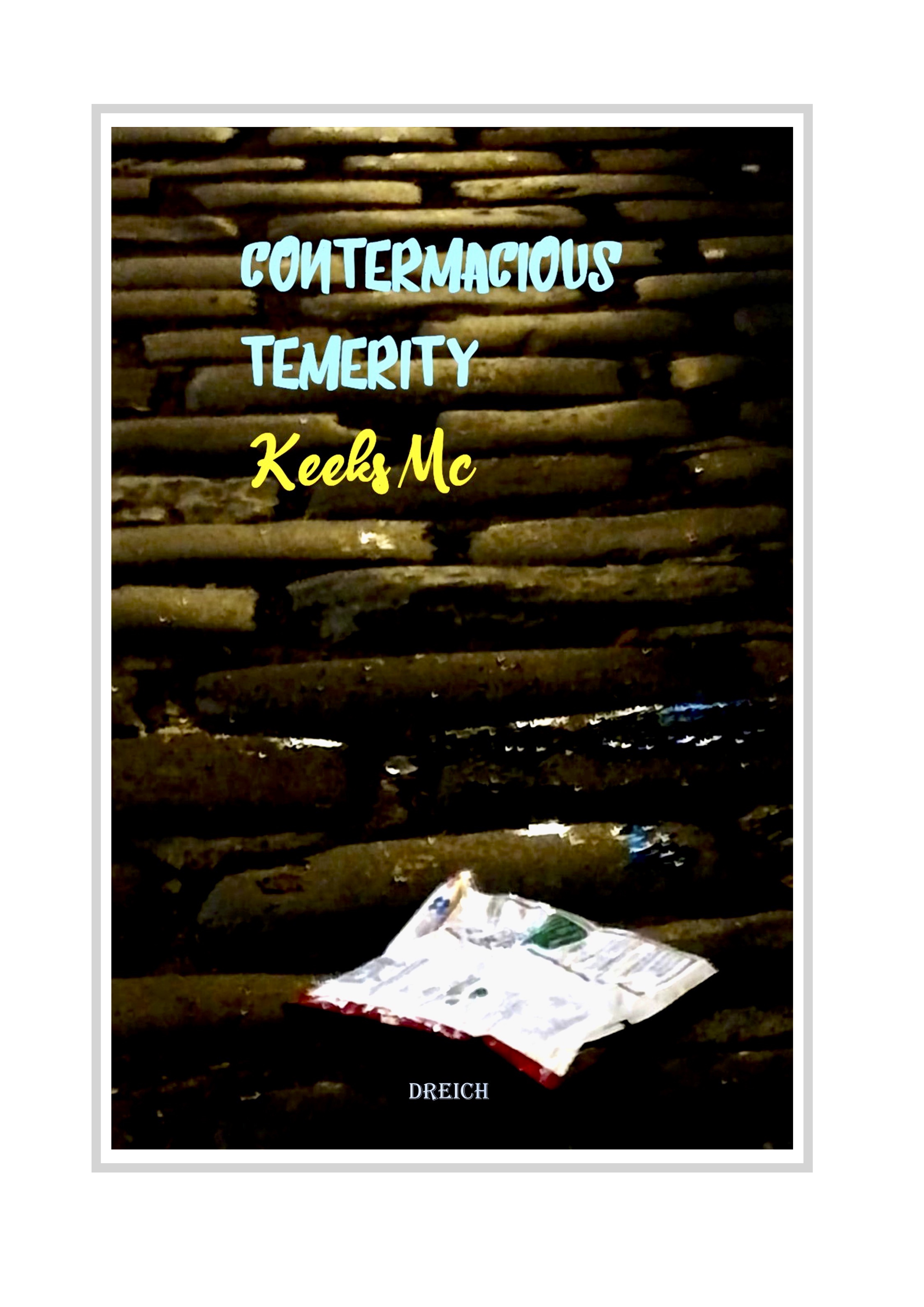
SHEILA HAMILTON‘s poems have been widely published. A full-length collection, The Spirit Vaults, was published in 2017 by Green Bottle Press. A new pamphlet, Lotus Moon, With Blossom, is published by 4Word.
CLARE PHILLIPS retired from Social Work Education in 2016 and, as well as being a writer, is an active member of the Religious Society of Friends (Quakers) and of the Scottish Green Party. She is currently at work on her first pamphlet.
PAUL LAUGHLIN lives in Derry. A former Secretary of Derry Trades Union Council, he has published three collections with Lapwing Press, Belfast, most recently Conflict Studies: New and Selected Poems. His work has appeared in a number of anthologies including Field Day Review, the Stony Thursday Book and Prairie Schooner. His work has also been featured on a number of arts programmes on BBC radio and elsewhere.
Rosa Bonheur, Who Was Criticized For Being Too Real
Sheila Hamilton
She spends years copying the old masters,
asking herself how this one showed a woodpecker
as it hammered at bark in the half-light,
how another “got” a rabbit’s pelt.
Rosa Bonheur, whose name
sounds like an affectation,
did not shrink from learning about
animal anatomy,
did not turn her back on dissection
that showed, as dissections do,
exactly how animals are put together:
skin, organs, bones.
She did not select ladylike subjects,
a pretty finch, a delicate vase,
but a team of cattle as they pulled the plough,
straining at the neck, their haunches bulky.
This painting of the cattle was much too detailed,
several important men said.
The cattle themselves, they said.
The clods of earth, they said.
The Great Discovery
Sheila Hamilton
Men can make money
if they catch great auks
and boil them in vats,
strip the bodies for feathers.
The feather-traders
attend to the Great Banks so thoroughly
they leave almost nothing.
Then there are collectors
who swarm over Funk,
strangling, preserving.
The colony on Papa Westray disappears.
In St Kilda, the archipelago’s last auk
is found guilty of witchcraft.
And Geirfuglasker, beautifully isolated from human touch,
blows up and sinks.
40 pairs do manage to reach Eldey,
tall stack of many ledges,
they make new nests,
but Eldey is closer to the mainland,
scientists are intrigued by such a rare bird,
they will pay good money.
The men who throttle the last pair,
who step on the last egg,
do not realize their error.
There must be more further north, they reason:
high up in the Arctic, in small colonies,
on remote islands,
quiet places,
cold places,
very pristine,
there must be
Naming the River
Clare Phillips
Word’s first duty
is to name. Write
inside a cover, carve
it on a plank
the book is yours now
the river more than banked water.
Do you remember soft paper, oddly named sugar
pencilling in slow, grey curls the letters
that were somehow you?
Days later, did we climb a tree
called sycamore
leaning out to see the swans fly
down a runway of light
called ‘Dove’?
Galileo
Paul Laughlin
Shock-and–aweing
The auld wans
Giddy Galileo
Is soon put right
The world cannae
Always revolve
Around you son
The Ghosting
Neil Flynn
Crimson eyes leer over the town, demon-blot the sky
A giant Jackson Pollack hung in place of night.
Never thought of it before – occupation as art.
Pull up before we eat each other; tell her for the first time
It’s my first time this side of the border. On the street
She lowers her voice so that two car-widths apart only
I can hear her. Maybe it’s the blotting of those eyes
But the colour contrast suddenly intensifies, grows opaque
The street rises, falls, my steps slow, quicken. Out of her
None of this knocks a stir. The wafting familiarity
Of chips & curry lures me back to earth. I recall a line
About partition being all in the mind, orient myself North
At which, a soldier rumbles to, & we pass like ghosting lovers.
Angel
Neil Flynn
Good ways up the Slieve Mish mountain,
and gazing into the distance, the green repeats
below me like cucumber after a feast.
Gravity, remorseless as a femicidal maniac
will not unhand my throat. Like a fox
I snatch at the air for bearing in a fog.
Tomorrow, June sixteenth you’ll find me
overdosing on Bloom and grilled mutton kidneys,
recalling the man on the Luas declare Paddy Hooper
of Aeolus fame (possibly) his grandfather
June fifteenth, the oracle has spoken:
I watch the front storm over the Atlantic,
heading for Tralee Bay, clouds arraying
above like locusts;
the eyes of the satellites will not spy me
under bubonic skies this black-hearted day.
West, and Fenit Pier blinks deathly red,
with a strand of hair I calculate the distance;
the speed of the approaching front;
the circumference of the undressed earth
whose curve bends the horizon like an eyelash.
There’s that to be said for following this path:
making little earths with my heel in the clay
beneath my feet; imagining my mother is dead
and I am enraged as an angel
because I am closer to heaven.
All works published by the Glasgow Review of Books are licensed under a Creative Commons Attribution-NonCommerical-NoDerivs 3.0 Unported License and the journal reserves the right to be named as place of first publication in any citation. Copyright remains with the poet. http://www.glasgowreviewofbooks.com




Leave a Reply